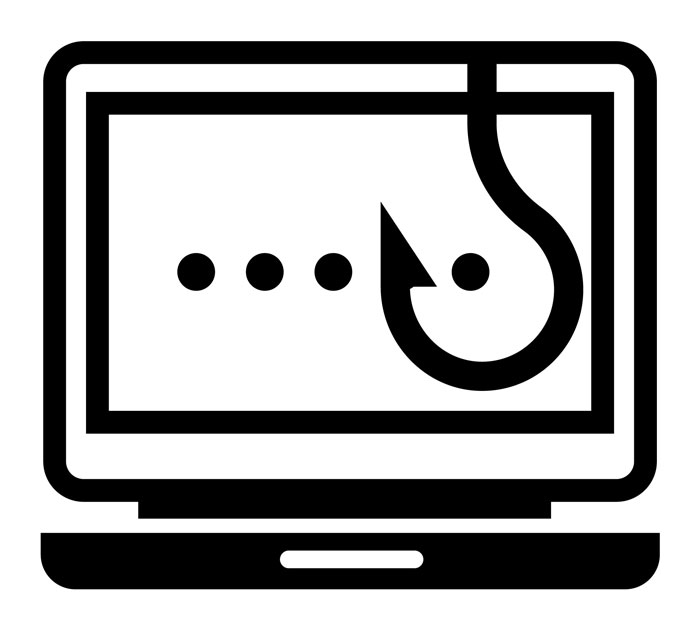Wire Fraud

As a buyer, you pay a deposit and down payment. When these funds are wired to the attorney’s office or title company, there’s a risk that the money could be diverted to a criminal’s account if certain precautions aren’t taken.
Here’s how the funds could get stolen.
Criminals may try to hack into an email account of someone in your transaction. It could be the other real estate agent, someone in the lawyer’s office, or even the title company.
If the criminal finds the wiring instructions for your deposit or down payment, they would change the account number where the funds will be deposited. They would then email you revised wiring instructions from a fake email address that is similar to one of the parties in the transaction.
If you didn’t notice the revised wiring instructions were fraudulent and you wired your money into a criminal’s account, the odds of recovering the money are very slim.
ADVICE
-
Confirm wiring instructions by phone. Call a known number before transferring any funds. Don’t call phone numbers or click links from an email.
-
Be suspicious of any emails that include changes in wiring instructions and payment information – title companies don’t usually communicate that information via email.
-
When responding to an email, hit forward instead of reply, and type in the recipient’s email address. This can clarify whether an email came from a fraudulent, spoofed source or the legitimate email address.
-
Ask your bank to confirm the name on the account before sending a wire transfer.
-
As soon as a wire transfer is sent, call the recipient to verify that the funds have been received.
-
Sellers with mortgages, should call their mortgage lender immediately after closing to confirm the mortgage payoff was received.
If you have any questions about wire fraud, please email us at homes@lindatrevor.com for more information. If you currently suspect or are experiencing wire fraud, report the fraudulent wire transfer to the sending and receiving banks immediately.

